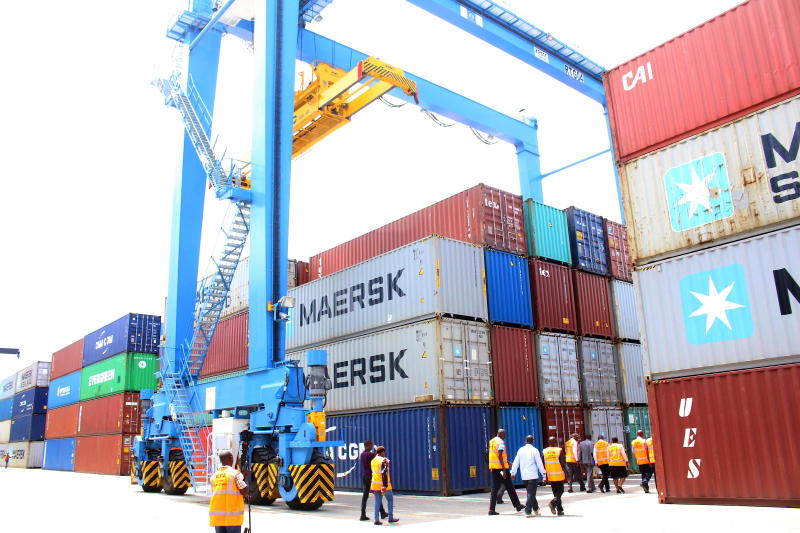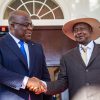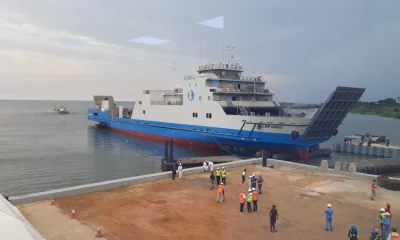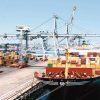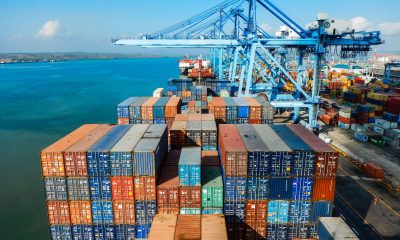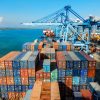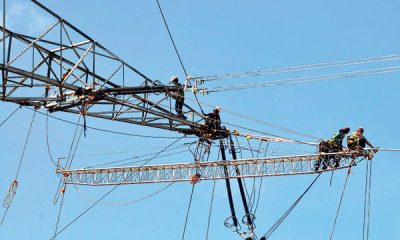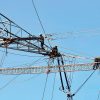Kenya Ports Authority (KPA) has recently announced its decision to eliminate the container deposit fee, previously set at $3,000 per container at Mombasa Port. This strategic move aims to foster smoother and more cost-effective trade relations with Uganda.
During a meeting in Mombasa, Capt. William K. Ruto Afni, Managing Director of KPA, discussed this significant decision with a delegation from the Ugandan Foreign Affairs Ministry, led by Permanent Secretary Vincent Bagiire.
Background:
- Uganda is a vital trading partner for Kenya, with increasing exports and imports passing through Mombasa Port.
- A substantial portion of expenses for Ugandan traders, nearly 50%, is attributed to port and transport costs.
- Importers currently face a daily charge of $40, levied 15 days from the arrival of their goods in the country, in addition to the $3,000 deposit paid to the shipping line. The deposit is forfeited if cargo is not cleared and collected within the specified time.
- Traders often face delays and difficulties in clearing and transporting their goods from the ports, leading to costly and sometimes fruitless trips to Nairobi and Mombasa.
Key Points:
- Container Deposit Fee Removal: KPA’s decision to remove the $3,000 container deposit fee at Mombasa Port will significantly reduce the financial burden on Ugandan traders, thereby lowering overall price levels.
- Trade Volume: Uganda represents a substantial share of transit cargo passing through Mombasa Port, accounting for 83.2%. South Sudan (9.9%), DR Congo (7.2%), Tanzania (3.2%), and Rwanda (2.4%) also contribute to the port’s trade volume.
- Non-Tariff Barriers: In addition to the container deposit fee removal, the Ugandan delegation called for the removal of non-tariff barriers (NTBs) to further facilitate trade. These include reducing the number of weigh bridges, minimizing roadblocks, and expediting cargo clearance.
- Regional Integration: The Ugandan Foreign Affairs Ministry emphasized the importance of member states’ commitment to developing regional transport infrastructure, promoting regional integration, and fostering a competitive environment for business and investment.
- NCIPs Initiatives: The Northern Corridor Integration Projects (NCIPs) were highlighted as key initiatives to enhance economic growth and development in the region. These include infrastructure projects like the Standard Gauge Railway (SGR) network and the Single East Africa Tourism Visa.
- Future Collaboration: Both parties expressed their commitment to reviving the NCIPs and fostering collaboration for the betterment of the region’s trade and infrastructure development.
The decision by Kenya Ports Authority to eliminate the container deposit fee at Mombasa Port marks a significant step towards enhancing trade relations with Uganda. This move, combined with efforts to remove non-tariff barriers and boost regional integration through initiatives like NCIPs, holds promise for reduced trade costs, increased efficiency, and improved economic growth in the region. Collaboration between Kenya and Uganda is vital in realizing these goals.
